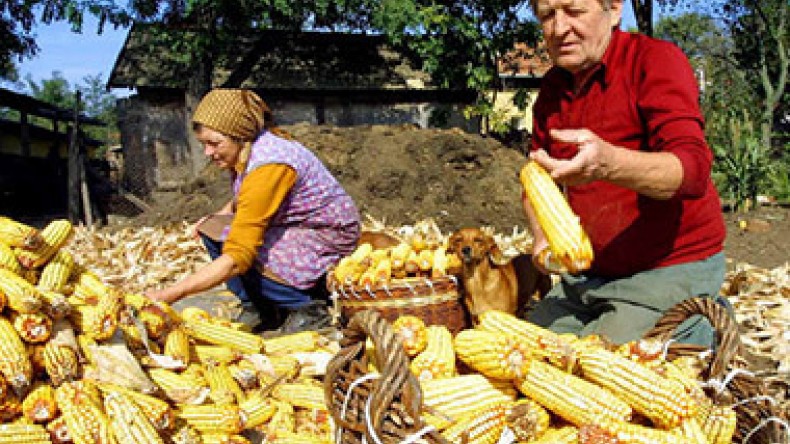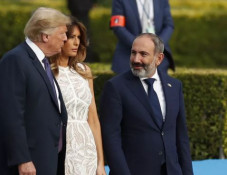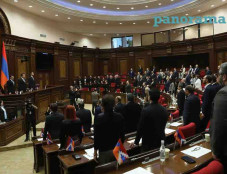
EU agreement gives member states control of GM cultivation
The European Union has agreed provisional legislation which will allow EU member states to ban the cultivation of genetically modified on their territory, even if the EU itself has already approved their use, Sputnik reported.
“With the agreement in principle reached between the Council, the Commission and the EU Parliament in Brussels we are approaching a great European goal under the Italian Presidency: the recognition of sovereignty and autonomy of the single States as regards the cultivation of GMOs,” said Italian Environment Minister Gianluca Galletti in a statement, whose country currently holds the rotating Presidency of the EU Council.
Genetically modifed (GM) food is a controversial topic in Europe, with EU member states divided over its use. In a February ministerial vote on the cultivation of a new type of GM maize, called Pioneer 1507, five countries voted for its use: the UK, Spain, Sweden, Finland and Estonia, while 19 voted against, including France, Italy, the Netherlands, Austria and Poland. After the vote, from which Germany abstained, the Commission under EU law was allowed to authorize cultivation despite large opposition.
The new legislation allows member states to ban a GM crop on environmental grounds after it has been approved by the EU, giving greater powers than previous compromises on the table. According to a document from Wednesday’s meeting seen by EUObserver, in this provisional agreement countries have a period of ten years after the EU authorizes a crop to file a ban on it, an increase on the two years originally proposed. It also gives states the power to ban “groups of GMOs defined by crop or trait,” rather than each individually.
Newsfeed
Videos






























